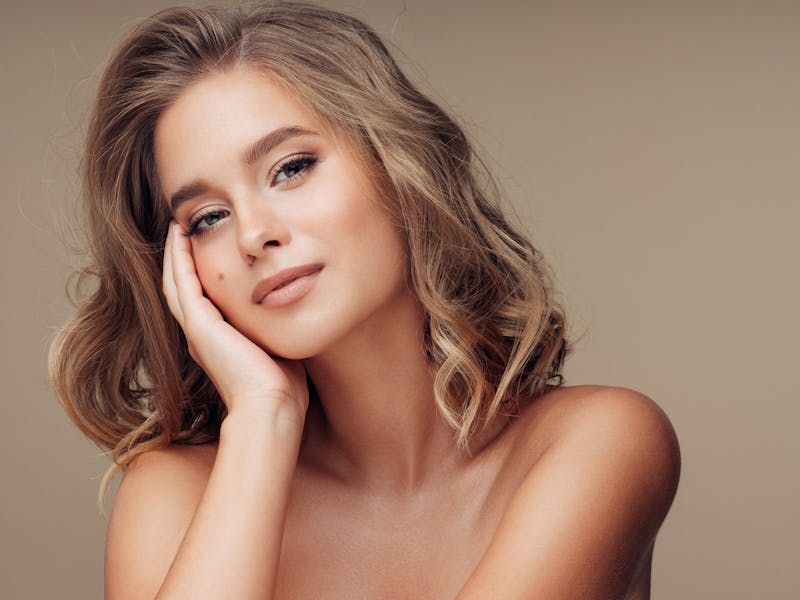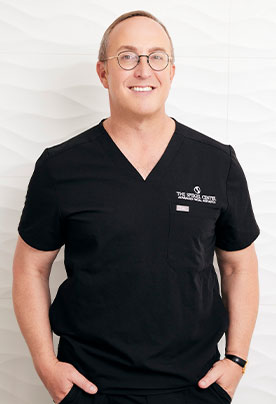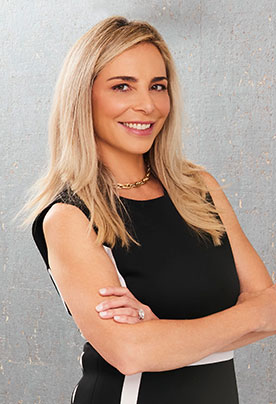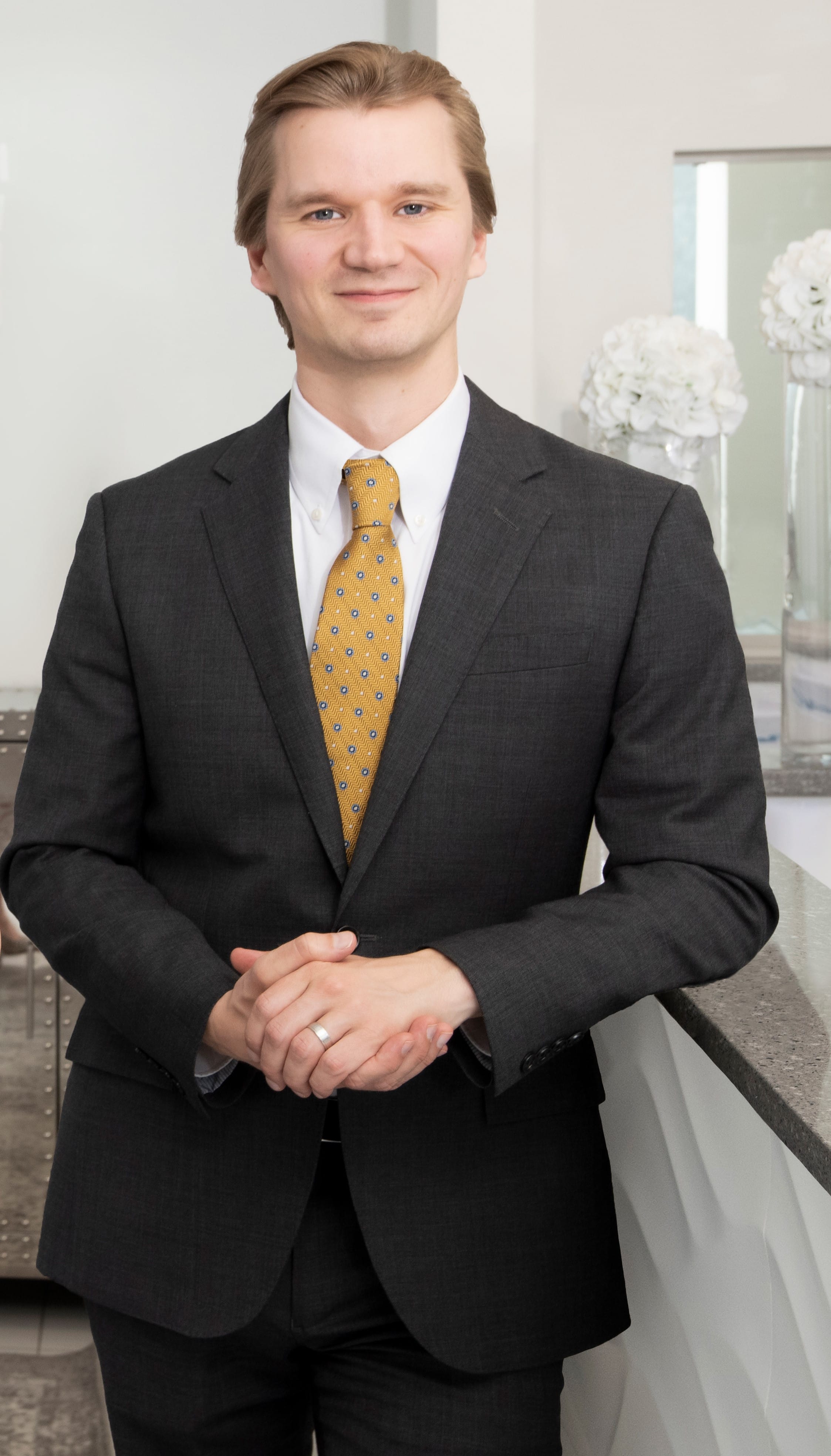
This week I had one of my great patients come for her routine filler and Botox (AKA, Xeomin) maintenance and asked if I thought she was close to needing a facelift as she's getting ready for her 50th birthday. That morning she had Googled "at what age do women lose their beauty." So naturally, I thought this is a great opportunity to write to you about this topic, at what age do women lose their sex appeal?
The concept of beauty has been highly subjective across different cultures, eras, and social contexts. For a bit of a historical context, throughout the centuries, societies have placed great emphasis on youth and physical attractiveness, often associating them with beauty. However, the standard for female beauty has been fluid and influenced by cultural factors and during the past decade by social media influencers. In my 12 years of aesthetics practice, I have seen several trends that specifically point to Social Media influencers, such as the fox eye, the snatched jaw, big lips, large tush, people falling in and out of love with fat freezing and Kybella, straighter noses, but not necessarily smaller ski sloped noses to name a few.
Looking back at ancient civilizations, we first encounter the snatched jaw with the ancient Egyptian Nefertiti goddess, after whom Nefertiti Botox is named after. Of course, throughout different cultures and civilizations such as the ancient Greeks and Romans, youthful appearance and fertility went hand in hand and were highly prized among women. These cultures revered young women as epitomes of beauty, often depicted in art and literature. However, as time progressed, cultural standards shifted with age, knowledge, and worldliness. Several influential individuals have contributed to shaping the perception of a woman's attractiveness throughout her life. For instance, Renaissance artists celebrated women of all ages, portraying them in various phases of life. Leonardo da Vinci's paintings, such as the Mona Lisa, conveyed a sense of beauty beyond mere youthfulness, highlighting character and inner radiance. Similarly, philosophers like Rousseau and Kant emphasized the essential qualities of wisdom and maturity as factors that enhance a woman's allure. In the modern era, figures like Coco Chanel spearheaded the promotion of beauty beyond youthfulness. Her designs and creativity challenged traditional societal norms, empowering women to embrace their individuality and redefine beauty standards. An evolving perception of beauty that appreciates various ages and stages of life can empower women and promote self-acceptance and confidence. It can foster a society that appreciates wisdom, experience, and grace that comes with age.
There exist differing perspectives on the question of when women lose their beauty. Some argue that beauty becomes more refined and multidimensional with age, while others argue that societal pressures often enforce a narrow definition of beauty limited to youthfulness. Cultural variations also play a significant role in shaping perspectives. In societies that place greater emphasis on youth, women may feel a heightened pressure to maintain their youthful appearance. In contrast, cultures that prioritize wisdom and maturity may perceive older women as more beautiful. Remember Ashton Kutcher and Demi Moore? Expanding the understanding of beauty includes women of different ages, allowing women to feel valued and appreciated throughout their lives. This can promote self-acceptance, body positivity, and emotional well-being. Our understanding of beauty is evolving, with increasing emphasis placed on embracing diverse ages and stages of life. By challenging societal norms, advocating for self-acceptance, and appreciating the qualities that come with age, we can promote a more inclusive and empowering perception of beauty for women. It is crucial to nurture a society that values individuality, wisdom, and personal growth, enabling women to flourish and feel beautiful at every stage of their lives.
And so, by now you must be asking yourself what can you do for me and how can I stay in the game. The answer is simple. We now have the ways and the means to treat every layer of your skin and under your skin to get you the results you desire. Let’s start with muscle relaxants like Botox, Dysport, Daxxify, Jeuveau, and Xeomin that work to undo those lines of the forehead, 11s, and crow’s feet. Many people, including men, start getting Botox injections in their 20s and 30s. As time goes on, sometime in your mid to late forties you may want to start treating the platysma bands of your neck to ensure your neck continues to look as youthful as your face. Thereafter, we may suggest Botox to the DAO muscle that contributes to the formation of jowls and the down rotation of your lower lip into a frown. Botox injections to the DAO will flip a frown into a smile.
Fillers including bio-stimulating fillers like Radiesse and Sculptra as well as hyaluronic acid fillers such as Prollenium Versa and Radiesse are the best ways of going about bringing volume back to your face. You will typically see me talk about age contributing to sunken temples, hollowed tear trough region of the under eyes, and in later years sunken upper eyelids. Fillers will also help undo the nasolabial folds (NLF), those lines between your nose and your lips as well as the Marionette lines extending below your lips which contribute to the appearance of jowls. We also use the biostimulating fillers to undo neck bands. But with the introduction of Morpheus, an incredible device that uses microneedling and radiofrequency we can now physically tighten your skin. In people with lighter skin, we can also brighten their hyperpigmented aging spots with Intense Pulsed Light (IPL). Tight & Bright is the perfect combination of Morpheus and IPL to bring out the best of your skin.
We have more technology, more knowledge, and more treatment options available to you at your fingertips. If this article piques your interest, call or text us to book a consultation for Tight & Bright, Ellacor, Hyperbaric oxygen, light therapy, etc.
Written by Dr. Onir Spiegel





